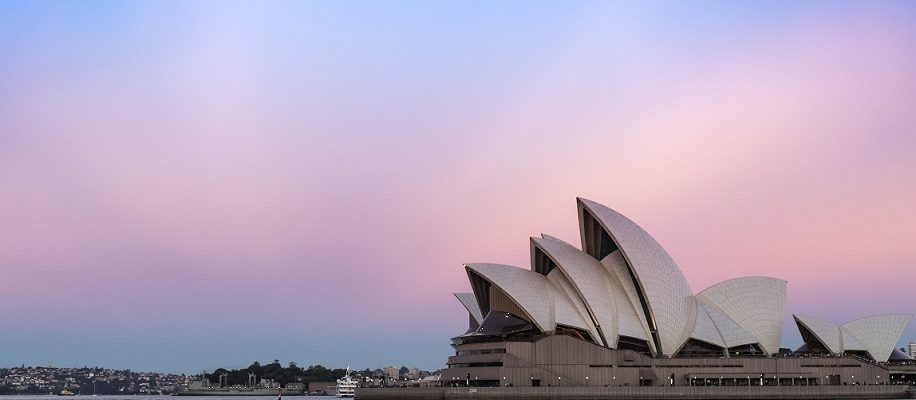A roundup of some of the latest news from Australian pharma, including CSL’s unification of business units, a workers strike at Pfizer’s manufacturing plant, a new USD 173 million research centre, and a billionaire’s bet on biotech.
New $173M research centre for pandemic drug discovery (Endpoints News)
In the battle against Covid-19, vaccines came much earlier than therapeutics. A new research institution in Melbourne wants to change that. Geoffrey Cumming, a Canadian-born oil and gas businessman, donated AUD 250 million (USD 173.63 million) to establish the Cumming Global Centre for Pandemic Therapeutics — whose mandate is to fund “an ambitious research program focusing on treatments that can be rapidly adapted after a new virus is identified.”
It is among a growing group of initiatives, including one backed by the Gates Foundation and Novo Nordisk as well as grants from the NIH, to put an emphasis on antivirals as a crucial weapon for future pandemics — and to prepare for them.
Pfizer manufacturing workers walk out after similar pay disputes as at GSK, Novo Nordisk(Fierce Pharma)
After disgruntled workers took aim at GSK, and Novo Nordisk earlier this year, pandemic juggernaut Pfizer has found itself in the industrial action firing line. A clutch of Pfizer manufacturing workers in Australia have walked off the job to rally against a “substandard” pay raise offer by the Big Pharma, labor union United Workers Union (UWU) said.
The production staffers took action after Pfizer’s “refusal to consider a wage increase in line” with cost of living increases, UWU said.
Australian manufacturer, Luina Bio, acquired by capital investment firm with experience in CDMO space (Endpoints News)
An Australian CDMO is looking at a new name and new horizons as a capital investment firm has acquired it. Luina Bio, based in Darra, Australia, a suburb of Brisbane, has been acquired by Ampersand Capital Partners, a health-centred private equity firm that has experience in the CDMO arena, and by Glenn Haifer, a biotech investor and chairman of the board at Luina.
Australia’s Offshore Pharma Conundrum (Code Blue)
Australia is reliant on imports for the majority of its medicines – in this age of global epidemics regulatory vigilance has never been more important. The Health Department has recognised concerns about the supply of other therapeutics through a Medicines Supply Security Guarantee.
A colourful Australian mining tycoon betting on biotech (Endpoints)
You can count one more billionaire among the deep-pocket investors who’ve discovered biotech as a rich source of high-risk wagers. This time around, it’s Andrew “Twiggy” Forrest who’s making the leap after riding a mining venture to one of the biggest fortunes in Australia. Forrest has set up a $250 million venture fund called Tenmile after picking two biotechs for its portfolio: An MDMA psychotherapeutics outfit called Emyria as well as a CAR-T biotech called Carina, according to a variety of press reports buzzing about the news down under.
AusBiotech 2022 programme launched (National Tribune)
The AusBiotech 2022 programme has launched and profiles five keynotes and 40 engaging panel sessions highlighting the pressing and emerging topics facing the Australian and global biotech sector.
CSL to unite all business units, including Seqirus, under the CSL umbrella (Fierce Pharma)
Australian biopharma CSL has a rich history. The company, which was originally called Commonwealth Serum Laboratories, was started by the government during World War I as a means to get critical medical supplies to Australia, which was then cut off from the rest of the world.
It isnot surprising that the company wanted to keep the historic CSL branding front and centre, uniting all business units under one CSL global brand umbrella. This means influenza vaccine provider Seqirus is now CSL Seqirus; the same will become of its recent acquisition Vifor Pharma, which will be known as CSL Vifor. CSL Behring and CSL Plasma will remain the same.



